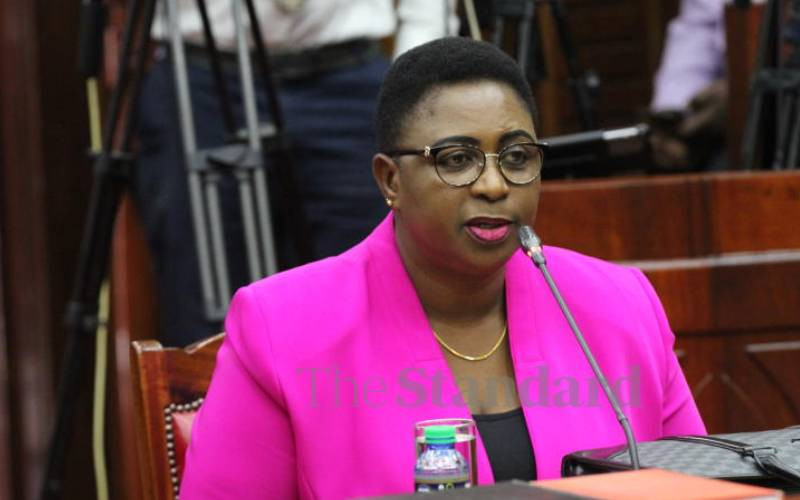×
The Standard e-Paper
Home To Bold Columnists

A Cabinet secretary has picked only one man in a 17-member multi-sectoral working group that is supposed to advance gender parity in the country.
Through a gazette notice dated August 15, Public Service, Gender, and Affirmative Action CS Aisha Jumwa selected 16 women and one man to the team responsible for achieving the two-thirds gender principle in government.